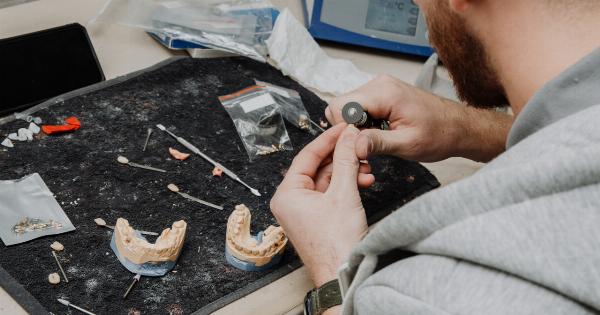Arrhythmias are heart conditions that cause the heart to beat at an irregular rhythm. There are many different types of arrhythmias, and each has a unique set of symptoms.
Types of arrhythmias
Some common types of arrhythmias include:.
Atrial fibrillation (AFib)
AFib is the most common type of arrhythmia. It occurs when the electrical signals that control the heart’s rhythm don’t function properly.
This causes the heart’s upper chambers to beat too fast and irregularly, which can lead to a range of symptoms.
Bradycardia
Bradycardia is a slow heart rate (less than 60 beats per minute). Symptoms may include fatigue, weakness, and shortness of breath.
Tachycardia
Tachycardia is a fast heart rate (more than 100 beats per minute). Symptoms may include lightheadedness, dizziness, and fainting.
Heart block
Heart block is a condition in which the electrical signals that control the heart’s rhythm don’t travel properly through the heart. This can lead to a range of symptoms, including dizziness, fainting, and shortness of breath.
Symptoms of arrhythmias
Arrhythmias can cause a range of symptoms, including:.
Chest pain or discomfort
Chest pain or discomfort can be a sign of an arrhythmia. This may feel like pressure or squeezing in the chest, or like the chest is being squeezed.
Shortness of breath
Shortness of breath is a common symptom of arrhythmias. It may feel like you can’t catch your breath, or like you’re struggling to breathe.
Palpitations
Palpitations are strong, rapid, or irregular heartbeats. You may feel like your heart is racing, fluttering, or “skipping a beat.”.
Fatigue or weakness
Arrhythmias can cause fatigue or weakness, which may make it difficult to carry out day-to-day activities.
Dizziness or lightheadedness
Dizziness or lightheadedness can be a sign of an arrhythmia. You may feel like you’re going to faint, or like you’ve lost your balance.
Fainting
Fainting can be a sign of an arrhythmia. If you faint, it’s important to see a doctor right away.
Conclusion
If you experience any of the symptoms listed above, it’s important to see a doctor. Arrhythmias can be a serious condition that require medical attention. With prompt treatment, however, many people with arrhythmias lead healthy, active lives.


























